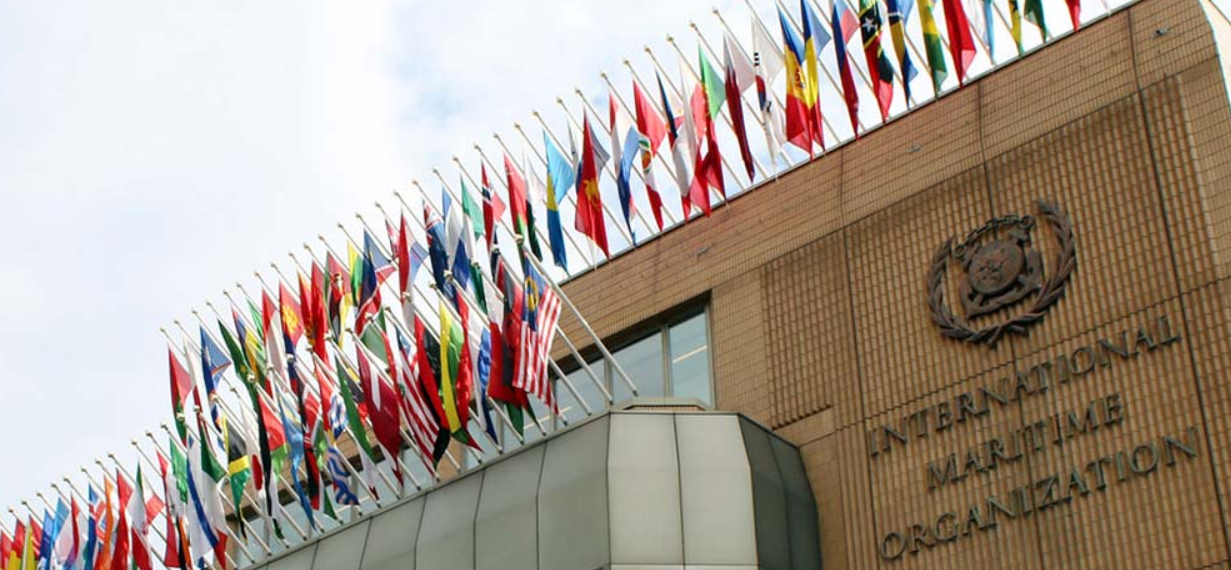服务热线
177-5316-3001
The 77th session of IMO Marine Environmental Protection Committee (MEPC) was held from 22 to 26, November 2021. The meeting considered important topics such as harmful aquatic organisms in ballast water, air pollution, energy efficiency of ship and reduction of GHG emissions.

Harmful aquatic organisms in ballast water:
1.In the meeting, the provisions of E-1.1.1 (Initial Survey) and E-1.1.5 (Additional Survey) in BWM convention were interpreted. 1 June 2022 is the final date for BWMS to complete the applicable surveys, not the installation of BWMS. It means that if the installed BWMS does not obtain the ship certificates before this date, a biological testing is compulsive.
2. Due to time constraints, the contents of EBP were not considered. But the data analysis of EBP is in progress. Analysis report and proposals will be considered at the MEPC 78.
3. It has been acknowledged that local watersin a port may present certain water qualities such as: as high level ofturbidity, high level of total suspended solids, or low salinity, which have been identified as exceeding the operational limitation of a ship's approvedballast water management system. However, due to the complexity of the issue, the Committee was not able to finalize guidance at this session, and invited further submittals to MEPC 78 to progress this discussion.
4. The submission regarding issues of Application of the BWM Convention to specific ship types were not considered. Instead the Chair proposed three possible options on the way forward for the Committee to make decision: (1) potential amendments to regulation A-5 of the BWM Convention; (2) approval of a circular containing guidance; or (3) a combination of both. The Committee agreed to invite interested Member States and international organi-zations to work intersessionally and submit updated proposals to the next session.
Reduction of GHG Emission:
1.A proposal was received to update the ambition of the IMO’s Initial GHG Strategy to zero GHG emissions by 2050 instead of the current 50% reduction of GHG levels. While this change was ultimately not supported by the Committee at this session, there was agreement on the need to review and update the IMO GHG Strategy. It will take some time for deliberation and is expected to be adopted at MEPC 80 in 2023.
2.The Committee considered propo-sals and comments regarding the establishment of an International Maritime Research Board (IMRB). The proposal was first put forward by eight shipowners organiz-ations at MEPC 75. The main content is to levy two dollars per ton of fuel used by ships. The collected funds will be used by IMRB for the technologies of redction the GHG emission.
Air polution:
1.The Committee adopted Resolution MEPC.340(77), the 2021 Guidelines for Exhaust Gas Cleaning Systems, which will supersede the 2015 Guide-lines. Updates to the Guide-lines clarify a number of parameters to provide consistent terminology and enhance the uniform application of these EGCS standards. The scope of application has also been modified. This guideline is applicable to new ships built after 26 May 2022 and existing ships with EGCS delivery date after 26 May 2022.
2. The Committee approved a revision to MEPC.1/Circular 883 which provides guidance on necessary steps to take and indication of on-going compliance in the event of EGCS system malfunctions or sensor failures.
3. In an effort to bring consistency to the manner in which various Member States have considered the dis-charge water of EGCS, the Comm-ittee approved "Evaluation and harmonization of rules and guidance on the discharge of discharge water from EGCS into the aquatic envir-onment, including conditions and areas". The target completion date for this work will be in 2022, and the PPR 9 Sub-Committee meeting has been tasked with completion of this work.
Energy efficiency:
The Committee approved MEPC.1/Circular 896 providing updated guidance to the application of EEDI and EEXI metho-dologies to innovative energy efficiency tech-nologies. The circular provides a method of categorization for different energy efficiency techno-logies, and provides specific guidance on air lubrication systems, wind-assisted propulsion systems, waste heat recovery systems for generation of electricity and photo-voltaic power generation systems.
In addition, the meeting also considered about reducing the impact of Arctic black carbon emissions, marine plastic litter treatment and MARPOL convention. Unfinished topics will be left to the inter-sessional meetings and subseuent MEPC.